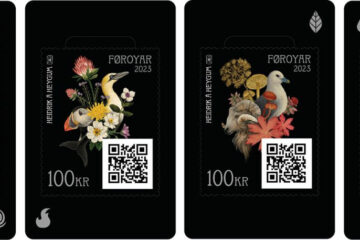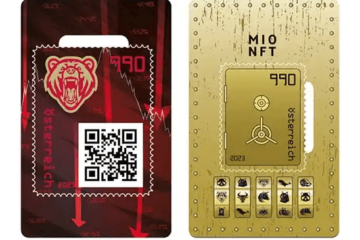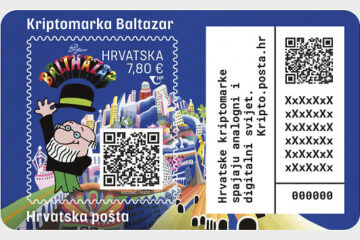Japan Post launched its first crypto stamp artwork on the Rakuten NFT marketplace. The NFTs are divided into three series, namely animal, flower and scenery. A total of 300 packs were put on sale, each selling for 2,980 Japanese yen including tax.
The first crypto stamps are identical to postage stamp art, but the plan is to add variations over time.
The animal series consist of five types of stamps each priced between 2 and 50 yen. The flower series consist of six types of stamps each priced between 63 and 140 yen, and the scenery series have three types of stamps priced between 210 and 500 yen.
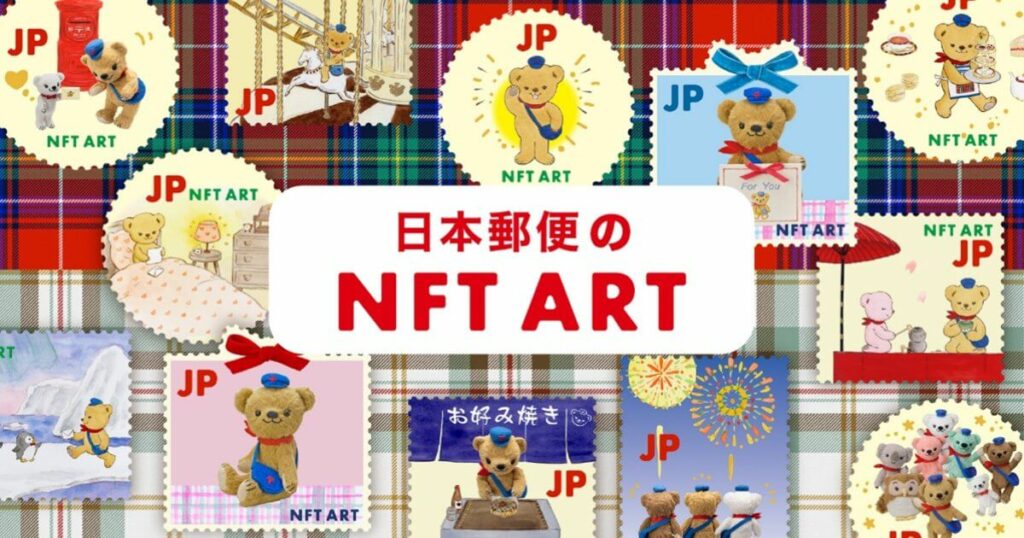
As the national post office, one might expect a large quantity of NFTs to be dropped. Instead, it split the NFTs into three packs of animals, flowers and scenery, with an average of 100 units of each pack sold for roughly $20. Unsurprisingly it sold out.
Japan Post has been considering making use of NFTs and the metaverse for some time, and the release of NFTs of postage stamps marked the first step in this direction. It formed a capital and business alliance with the Rakuten Group last year.
The Rakuten NFT marketplace allows users to purchase NFTs in various fields such as sports, music and animation, as well as buy and sell NFTs between individuals. In September, the company announced that it would support payments in crypto assets starting this autumn.
The re-sale prices are substantially higher but not ridiculous. For example, only 100 animal series packs were sold, containing five stamps, so each stamp cost $4. The asking price of each stamp is up to $82 in the secondary marketplace, so it still represents a reasonable return.
Like sports cards, stamps represent one of the most traditional forms of collectibles. The question is whether there’s a good demographic overlap with NFTs. For example, the average stamp collector in the United States is over 60 years old. Sports cards and stamps differ because sports cards have always had a core youth collector base, making them a more obvious choice for a digital makeover.
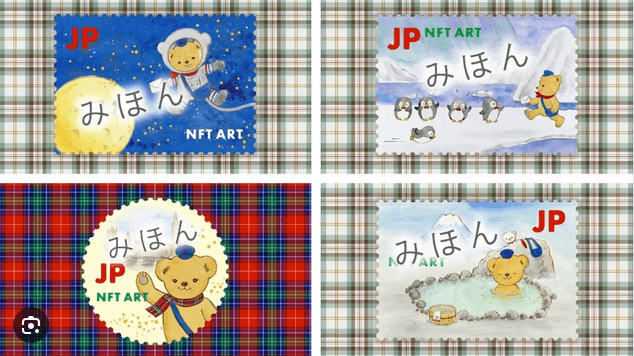
Nevertheless, both stamps and coins have been previously issued as NFTs. Swiss Post released its first Swiss Crypto Stamp, with 65,000 copies of the most common stamps released. It must have done okay because this August, it released Crypto Stamp 2.0 with 25,000 copies of ten different stamps and a prize draw.
The central Bank of Lithuania issued digital collectible coins as NFTs in mid-2020, before the boom in digital collectibles.
Meanwhile, Japan Post invested in Rakuten last year, and the two companies have a joint venture focused on the digital transformation of logistics. Rakuten is best known as a marketing and ecommerce company but also has a significant footprint in financial services and mobile.
Similarly to the West, there are numerous NFT marketplaces in Japan. Rakuten launched in February and Japan’s biggest messaging app, Line, launched in April. Financial services giant SBI Group also has an NFT marketplace.
